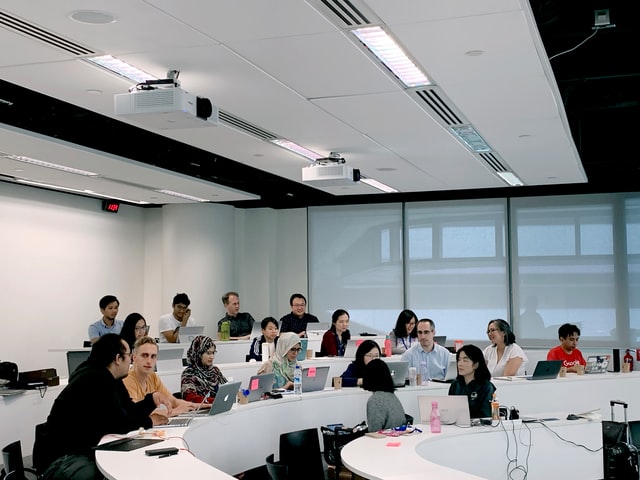Six things NOT to forget before heading to university

Starting university in September? Preparing for university can be stressful, full of extensive shopping lists and checklists, so it’s easy to forget even the simplest of tasks. One of the UK’s leading academic research companies, has pulled together its list of the most important things not to forget before embarking on your university adventure.
- Set up a student bank account
Forget plates, duvets and fairy lights, the first thing you should get your head into is your student bank account, because at the end of the day, student finance comes first! Every year banks are competing against each other to offer you the best perks, so it’s difficult to know which one is best for you.
Choosing a bank account that’s right for you is personal and depends entirely on the kinds of perks you are looking for. Most banks offer incentives such as an interest-free overdraft, so it’s best to do your research and see which is right for you!”
- Register with the university GP
According to universities UK, there are approximately 2.5 millions students enrolled at higher education institutions in the UK, but more than half of them have not signed up to the university GP service! If you’re moving across the country or from further afield, it is important to make sure you’re signed up, just in case!
“GP and A&E services are free to all, including international students, so it’s important to sign up and make the most of the wonderful healthcare our country has to offer. You don’t want to suddenly become unwell and have to delay an appointment while you enrol with the local surgery, so save time and do it straight away!”
- Sign up to specialist services
One of the most important things to do before starting the academic year is introducing yourself to any specialist university services you may require. Special needs, scholarships and international student desks have hundreds of students to filter through and each year some people can slip through the cracks.
“You should always talk to registration officers and councillors on the phone or in person before starting a new academic year. All the phone numbers for special service desks can be found on your university’s website. It’s always a good idea to introduce yourself and double check your officer/councillor has all the documents they need for you.”
- Check your rental agreement
Whether you’re staying in student accommodation or renting a house, running a background check on your letting agent/landlord is very important. Unfortunately, it is quite common for letting agents and landlords to charge extortionate fees for extras you weren’t expecting, so it’s best to check before you go.
“Most landlords/letting agents look after their tenants and are very helpful, but be on the safe side by making sure you have the following:
● EPCs, EICRs and gas safety certificates
● Legal landlord documents: tenancy agreements
● Legal landlord documents: identification
● Legal landlord documents: deposits
● Inventories and mid-term inspections”
- Apply for your transport passes
Wherever you are in the UK, it’s likely that at some point or another you’re going to rely on public transport. Each city has a different method, from tubes to trams, busses to trains, it’s important to get to know your local area and sign up for any passes you may need.
“Annual and monthly transport passes are the best way to access transportation around your chosen city. Usually paying for a pass instead of daily tickets works out much cheaper over the year, you could be saving up to £150!”
- Draft a killer CV and get that part-time job you need
The start of an academic year sees thousands of students move to a new city, many of whom will need a part-time job.
“It’s important to remain ahead of the curve and prepare before you go – start your CV early and get applying before you even move, if anything it shows to a potential employer how organised you are! If you need any tips or tricks, head over to our website for how to get started.”











Responses